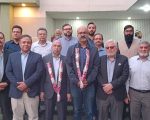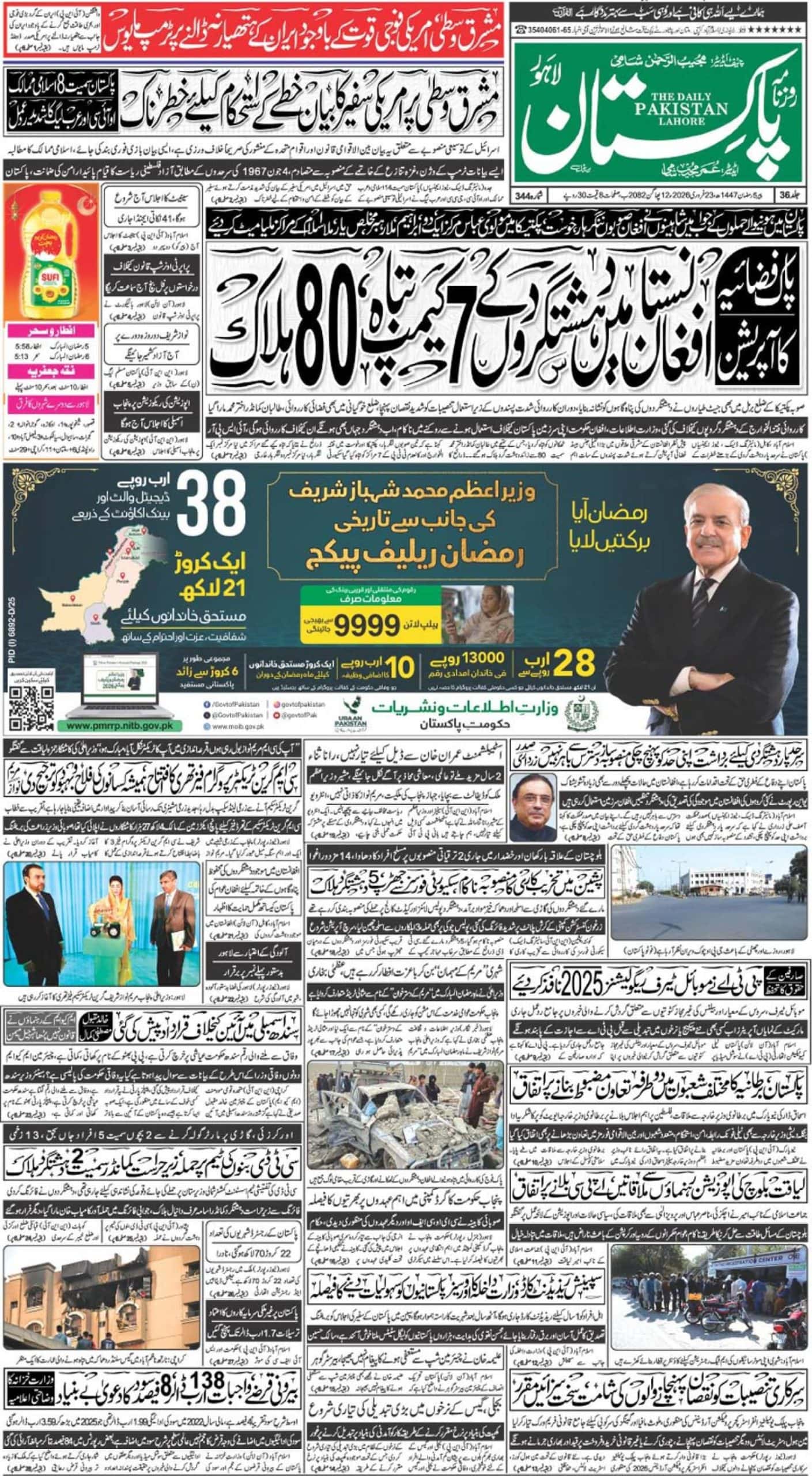SYDNEY – Faced with a shortage of labour, the Australian government would be changing immigration laws soon for which the Albanese government has proposed key changes affecting different categories of immigrants.
Let’s explore what the proposed changes are and how will they impact those who wish to immigrate to the country.
First and foremost, for skilled immigrants, the change proposed is to create three tiers of regulation. Consequently, a “light-touch” approach has been proposed for very skilled migrants on high salaries. Moreover, another approach for mid-level cohort of migrants who earn above the amount of the temporary skilled migration income threshold has also been proposed and finally a lower-wage cohort in sectors experiencing skills shortages, such as the caring economy has also been suggested.
It bears mentioning that the government has accepted the need to “recalibrate the points test to select migrants with high human capital who will make the greatest long-term economic contribution”.
The biggest impact of the proposals, if accepted, is the removal of the requirement for labour-market testing. Moreover, the government will increase the temporary skilled migration income threshold, the pay floor for skilled workers, to $70,000 and consult business and unions on the pay threshold for the top tier.
The Australian government is also considering to revamp the business innovation and investment program and global talent visa; however, the government is not doing away with it.
Furthermore, as part of the proposals, the reviewers said they were “greatly concerned by the way the current system heightens the risk of exploitation faced by temporary migrant workers”.
They opine that the employer sponsorship has “created the opportunity for exploitation … because it stifles the ability and willingness of an employee to report non-compliance”.
It has now been proposed to allow temporary migrant workers to change their current job and be given up to six months to find work with another employer within the same sector or type of work. Employers of temporary visa-holders would have to register, so that those with a “history of serious workplace breaches would be deregistered and ineligible to employ visa-holders”.
Changes have also been proposed for Working holidaymakers and the review proposes the original purpose of the working holidaymaker program as a “cultural exchange” to be restored by no longer tying “migration outcomes to the performance of work”.
As of now, working holidaymakers can visit Australia for 12 months with the option to extend the stay for second year in return for performing three months of specified work such as regional or agricultural work.
A change has been proposed that the government should consider limiting working holidaymakers to one year. This proposal might face difficulties as Australia has inked agreements with other countries specifying the duration of stay under the working holiday visa. For instance, Australia’s free trade deal with the UK allows UK citizens to apply for up to three successive working holiday visas with no requirement to undertake specified work.
Changes have also been proposed for international students and the review finds that Australia “is not focused enough on capturing high potential international students”.
It has been proposed that the integrity of the system would be improved by moving from “a genuine temporary entrant” criterion to a “genuine student” test, to prevent people enrolling in low-value courses just to achieve work rights.
English language requirements should align with applicants for skilled visas, the proposal says.
It has been propsoed that a temporary graduate visa should be provided to students “automatically upon study completion”, which would last long enough for the government to identify “high [value] potential graduates who will success on a permanent skilled visa”.
The reviewers have proposed that for others, the government should “minimise the time former students can remain in Australia on a temporary basis”.
For parents and families, the review finds family reunion is “an important component of a strong and stable community” but wait times mean it can take up to 40 years for parents to join their children on a permanent basis in Australia, the Guardian reported.
Parent visa lottery has been proposed to prevent further backlogs, and a “cheaper, more attractive temporary visa product for parents that might in the long term replace a permanent parent program”.
The government has although agreed that the family program needs reforms, it is stressing to revamp the skilled immigration on priority.
At this stage, the proposals are under discussion and have not been made part of the laws; however, if implemented, they will change the immigration system to a large extent. The proposals have been welcomed by the Australian Council of Trade Unions and Universities Australia but Nationals leader David Littleproud claims regional and rural areas risk being “left behind” by the changes.














